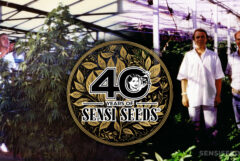Eritrea is a largely arid land not ideal for growing cannabis. Despite the conditions and the law, some farmers still choose to grow it for domestic consumption. The sale or supply of cannabis can get an offender several years in prison, yet drug traffickers continue to use Eritrea’s ports to smuggle their goods through the country.
- Capital
- Asmara
- Population
- 6,057,000
- CBD Products
- Illegal
- Recreational cannabis
- Illegal
- Medicinal cannabis
- Illegal
- Cannabis laws in Eritrea
- Can you possess and use cannabis in Eritrea?
- Can you sell cannabis in Eritrea?
- Can you grow cannabis in Eritrea?
- Is CBD legal in Eritrea?
- Can cannabis seeds be sent to Eritrea?
- Medicinal cannabis in Eritrea
- Industrial hemp in Eritrea
- Good to know
- Cannabis history
- Modern attitudes
- The present-day cannabis trade
- Will cannabis be legalised in the future?
Cannabis laws in Eritrea
Can you possess and use cannabis in Eritrea?
Eritrea’s Penal Code regards the possession of all drugs (including cannabis) as a “less serious” drug offence. It also clearly identifies the difference in severity between selling cannabis, and buying it for personal use.
Selling or trafficking cannabis is a serious offence punished with a lengthy prison sentence. If caught buying the drug for personal use, the law recognises that “a person is not party to the trafficking merely because [he] purchased (…) for his own use, a controlled drug, or controlled plant.”
As such, punishments for possession are far less severe. If caught in possession of cannabis for personal use, the offender will be imprisoned for six to 12 months, or receive a fine of 20,001 to 50,000 Nakfas.
Eritrea is one of the few African nations that also ban the use of khat, a plant that’s prized widely across the continent due to its stimulating effects when chewed.
Can you sell cannabis in Eritrea?
Eritrea’s Penal Code law states that it’s illegal to “sell, buy, administer, prepare, give, transfer, transport, send or deliver” any controlled drugs or plants, including cannabis.
If caught trafficking a large quantity of cannabis, or manufacturing/harvesting large quantities (classified as ‘large commercial quantity’), the offender may be given a prison sentence of seven to 10 years. For smaller quantities (classified as ‘commercial quantity’), the prison sentence is reduced to five to seven years.
Smaller scale selling or supplying (classified as ‘trafficking’) is punishable with a prison sentence of three to five years.
Supplying to a minor is regarded as a much more serious offence. Anyone caught supplying ‘commercial’ quantities of cannabis to a minor, with the knowledge that the minor intends to sell it, may receive a prison sentence of 16 to 19 years. If the amount is smaller, the prison sentence is reduced to seven to 10 years.
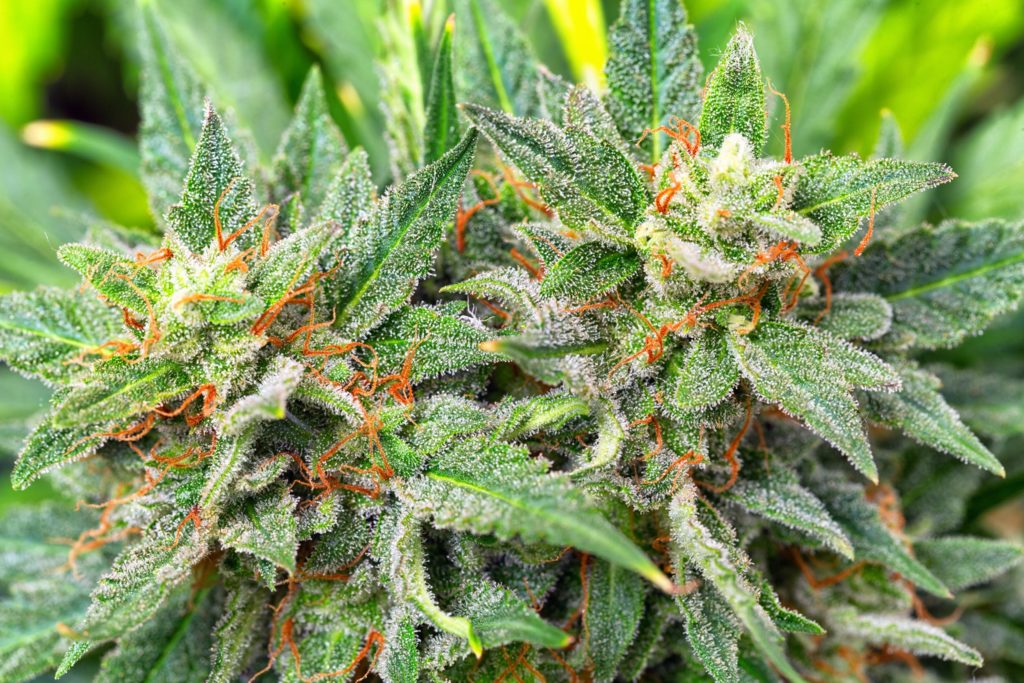
Can you grow cannabis in Eritrea?
Cannabis cultivation is also an offence in Eritrea.
If someone is caught cultivating a limited number of plants for personal use only, then this is regarded as possession punishable with a prison sentence of between six and 12 months, or a fine of 20,001 to 50,000 Nakfas.
However, the growing of a ‘large commercial’ amount of cannabis plants leads to seven to 10 years in prison. For smaller, ‘commercial’ amounts, this is five to seven years, and for a smaller amount (that’s not for personal use only), it’s three to five years.
Due to Eritrea’s arid terrain, cannabis cultivation isn’t as prevalent in the country as in other African nations, though it is grown in some areas. UNODC report that it’s grown in Asmara, Keren and Tehambko and believe that it was introduced into the country after Eritrea’s independence (via Eritrean nationals, returning from western countries and bringing cannabis with them).
Is CBD legal in Eritrea?
CBD is not differentiated from cannabis in Eritrean law. Therefore, it is illegal, and cannot be purchased, sold or used.
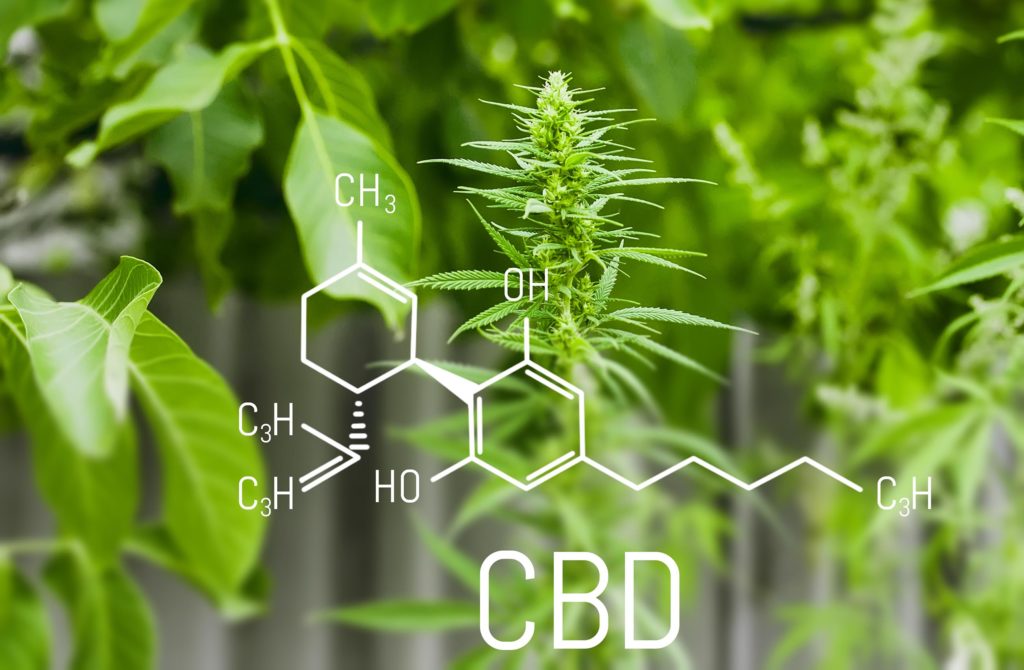
Can cannabis seeds be sent to Eritrea?
Cannabis seeds are regarded as part of the cannabis plant, and are thus illegal. They cannot be mailed into the country.
Medicinal cannabis in Eritrea
Eritrea has a long history of using plants in medicine. Among those was cannabis, which was used to treat bronchial asthma. It was locally known as etse-fares. These days, there is no medicinal cannabis programme in place, and using the drug, even for medicinal purposes, is forbidden.
Industrial hemp in Eritrea
Under Italian rule in the early half of the 20th century, Eritrea supposedly did have a hemp industry. These days, hemp is illegal, as is regarded by law as another form of controlled plant. However, the situation seems to be changing in Africa, with other nations considering legalising hemp and capitalising on its money-making potential. Eritrea may follow suit in the future – but there are certainly no plans in place for it to do so yet.
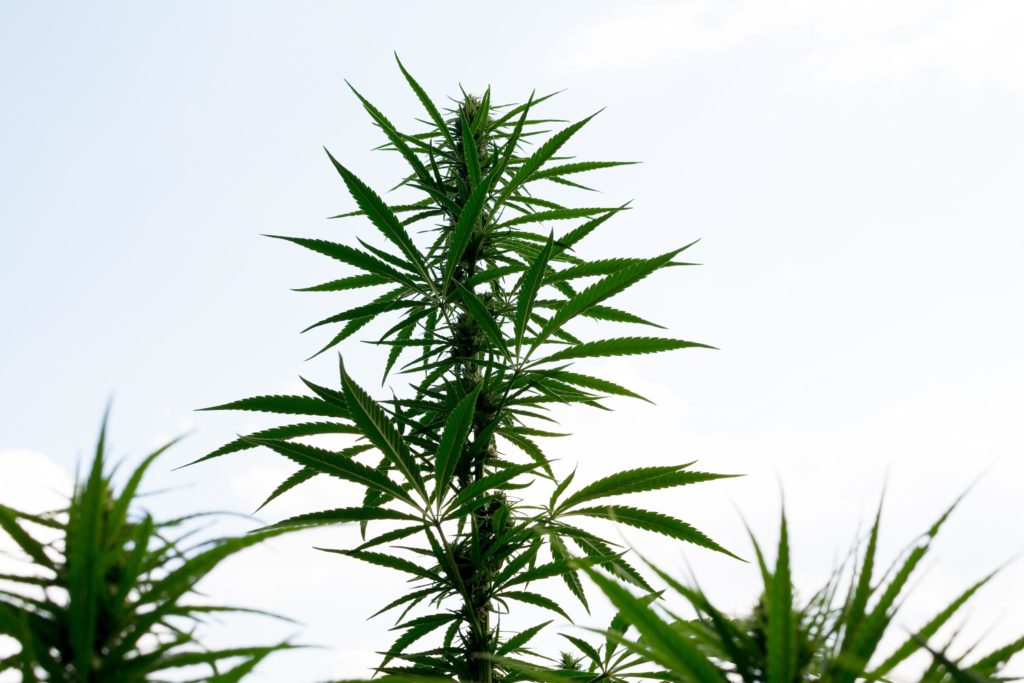
Good to know
If you are travelling to Eritrea (or currently live there), you may be interested to know the following:
- According to a UNODC report, cannabis is one of the most commonly consumed drugs in Eritrea.
- In the past, the country has been criticised for its lack of drug abuse prevention activities (in 2008, there was only one trained psychiatrist in Eritrea responsible for treating both mental health problems and drug abuse). In 2019, UNODC co-organised the first workshop in the country for tackling organised crime and drug trafficking.
- Cannabis consumption is not regarded as a major problem in Eritrea. Instead, their biggest issue is abuse of solvents and inhalants.
Cannabis history
It’s likely that cannabis has been growing in Eritrea for several centuries. Africa’s first evidence of cannabis dates back to the 14th century in neighbouring Ethiopia, where archaeologists discovered two ceramic pipes with traces of the drug inside. This suggests that it may have been used in Eritrea too.
Experts think that the plant entered the region with the Bantu migration. The Bantu people travelled through the continent, eventually reaching locations such as Malawi and South Africa, where these days, the cannabis trade is booming.
Modern attitudes
There aren’t many treatment options for those who abuse drugs in Eritrea. This is partially due to lack of funding, but also because of a certain stigma.
As there is no national data collection system to determine patterns of cannabis use, it’s difficult to say how widely it’s consumed across the country. 2006’s figures relating to all drug abuse disorders demonstrated a prevalence rate of 0.16% for women and 0.50% for men. These are very low.
The present-day cannabis trade
Like many east African countries, Eritrea has issues with drug trafficking. Its ports are used by smugglers to transport heroin and cannabis from South Asia to Europe and the Americas, and the problem seems to have worsened in recent years.
Experts believe that the rise in drug trafficking is due to the return of expatriate children of Eritrean nationals, who are coming back to the country from Europe and North America. Although cannabis is grown in Eritrea, there’s little evidence to suggest that the country produces large amounts for export. Instead, most of the cannabis grown there is thought to be consumed domestically.
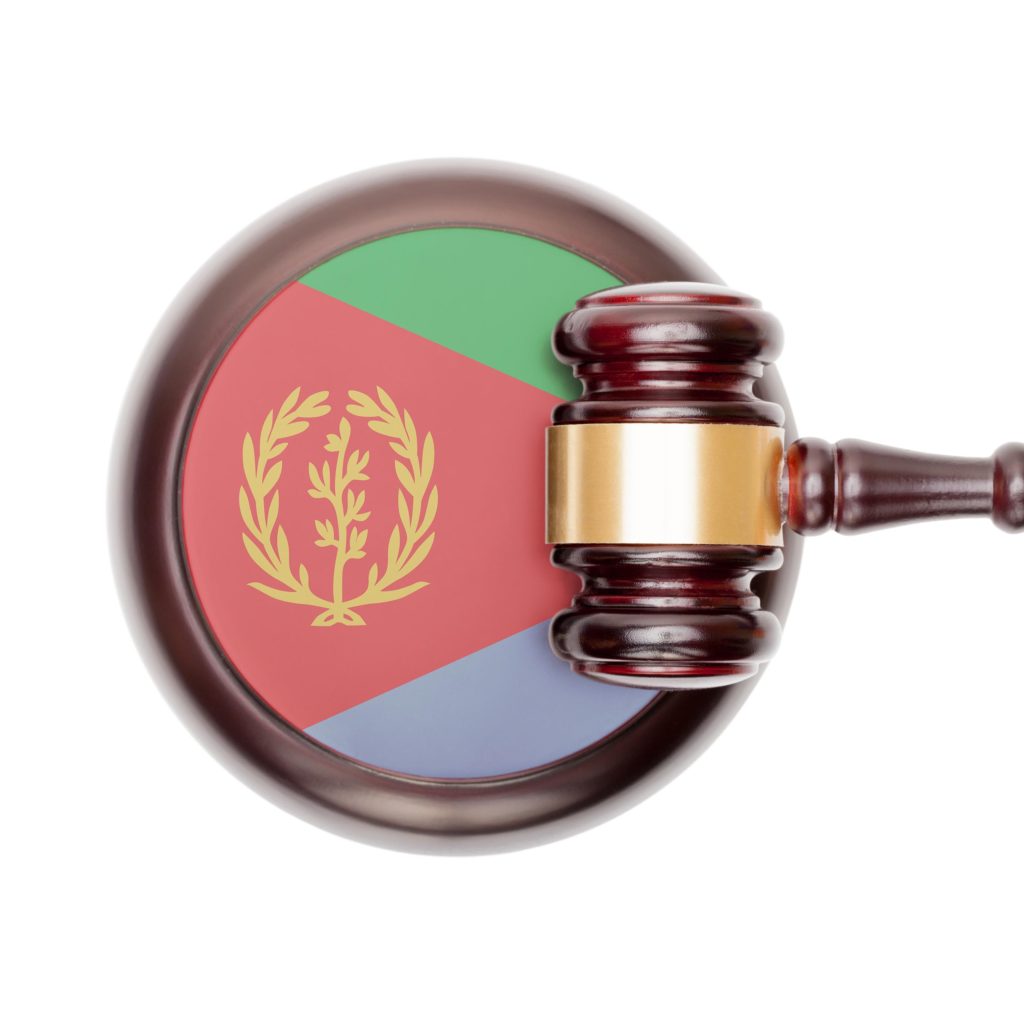
What little information there is reveals that there aren’t many cannabis seizures in Eritrea. For example, in 2006, just 7.25 kilograms of herbal cannabis and 10.55 kilograms of cannabis plants were seized. In 2008, these figures had gone up (11.25 and 15.3 kilograms respectively), which indicates a growing problem – but these are still low figures.
Will cannabis be legalised in the future?
At present, Eritrea demonstrates no signs of wanting to legalise cannabis for recreational or medicinal purposes. However, the country suffers from poverty, and capitalising on the ‘green rush’ might be an option for the future. Certainly, other African countries are starting to cash in on the financial benefits that cannabis and hemp cultivation offer.
- Disclaimer:While every effort has been made to ensure the accuracy of this article, it is not intended to provide legal advice, as individual situations will differ and should be discussed with an expert and/or lawyer.







